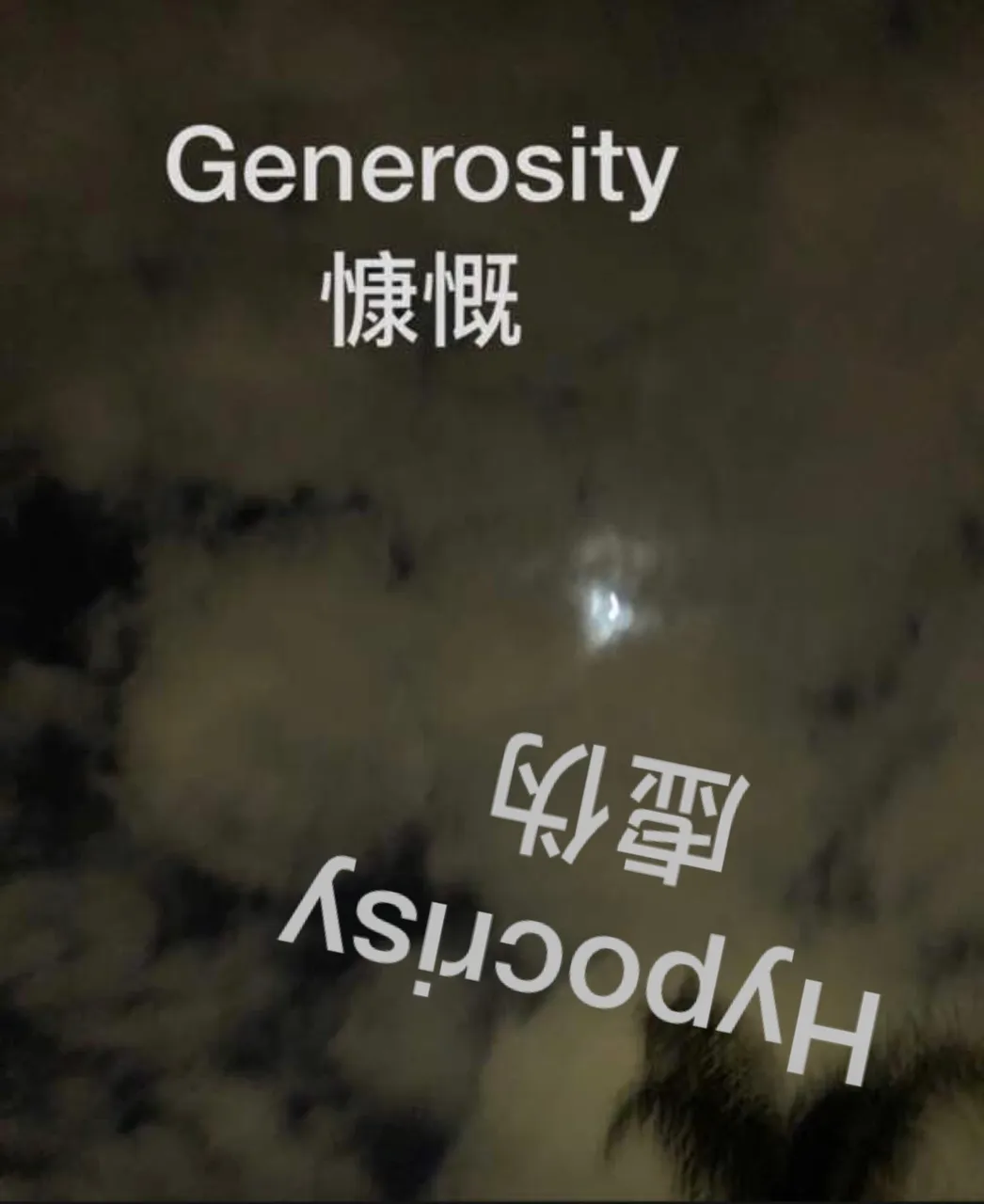Generosity is a virtuous behaviour. Ironically, at times a so-call generous lifestyle can be a form of hypocrisy in this world of consumerism.
I remember buying merchandise from tribal people living in the village of East Malaysia. Our tendency is that we try bargaining to get the products as cheap as possible. Usually these village people are not as calculative as those coming from the urbanised setting. In order for them to sell their products to the customers for their survival, they may have to give a discount to these much wealthier people. When these urbanised people go to the city restaurant, some of them are prepared to go for a decent meal and with leftover food to be thrown away, which is worth more than the discount and even the product itself bought from the village hawker.
As a matter of fact, the leftover food can be perceived as a form of hypocrisy rather than generous lifestyle in view of pressurising the village hawker for a discount. It may also be a form of injustice and manipulation of the poor.
Let remember an ancient proverb, “The generous will themselves be blessed,
for they share their food with the poor.”

慷慨是一种美善的行为。但具有讽刺意味的是,今天
所谓慷慨的生活可能是受到了消费主义影响的一种虚伪。
我记得曾向居住在东马農村的小贩购买物品。我们的倾向是讨价还价以便省钱。通常这些村民不像那些来自城市的人那样具有计算能力,为了能将产品賣给客户以维持生存,他们不得不为这些远比他们富有的人提供折扣。当这些城市人到了城市餐厅用餐时,他们可以为了享用体面的一顿饭菜,而留下不少食物预备被扔掉,这剩菜的价格远高于他们由郷村小贩獲得的折扣,甚至贵过由小贩那里买来的产品。
如果向農村小贩讨价还价以得到微不足道的折扣,而在飱廰丢掉的食物却是昂贵的,事实上这些人的慷慨生活则是如同一种虚伪,它什至意味了不公义和壓制窮人。
让我们记住一句古箴言:
「眼目慈善的,就必蒙福, 因他將食物分給窮人。」